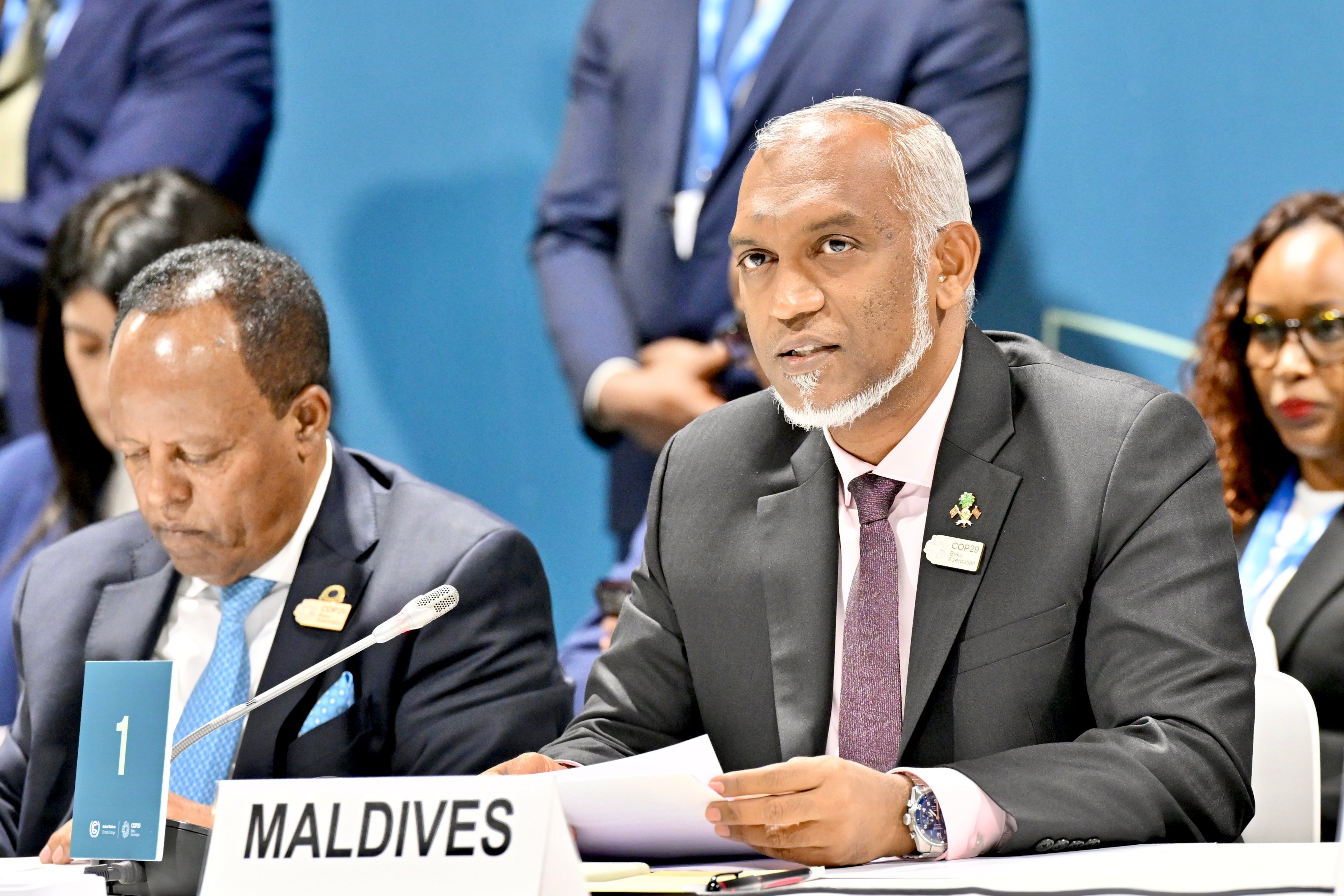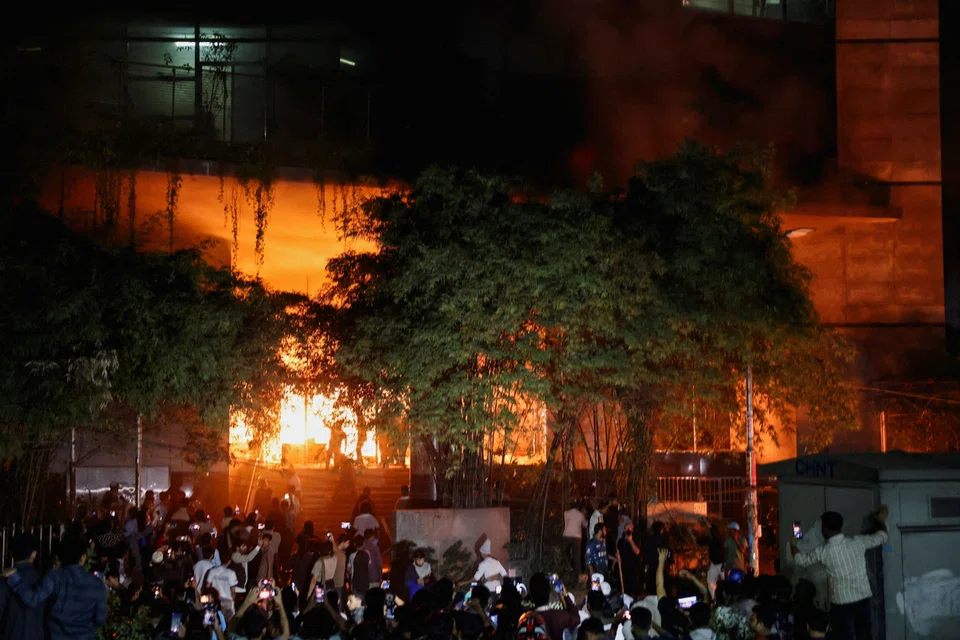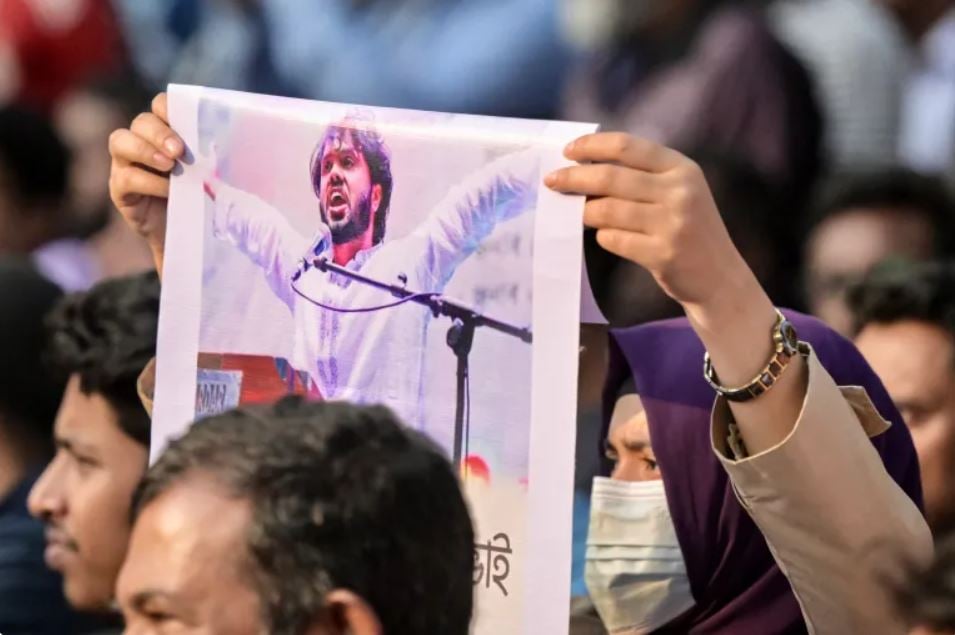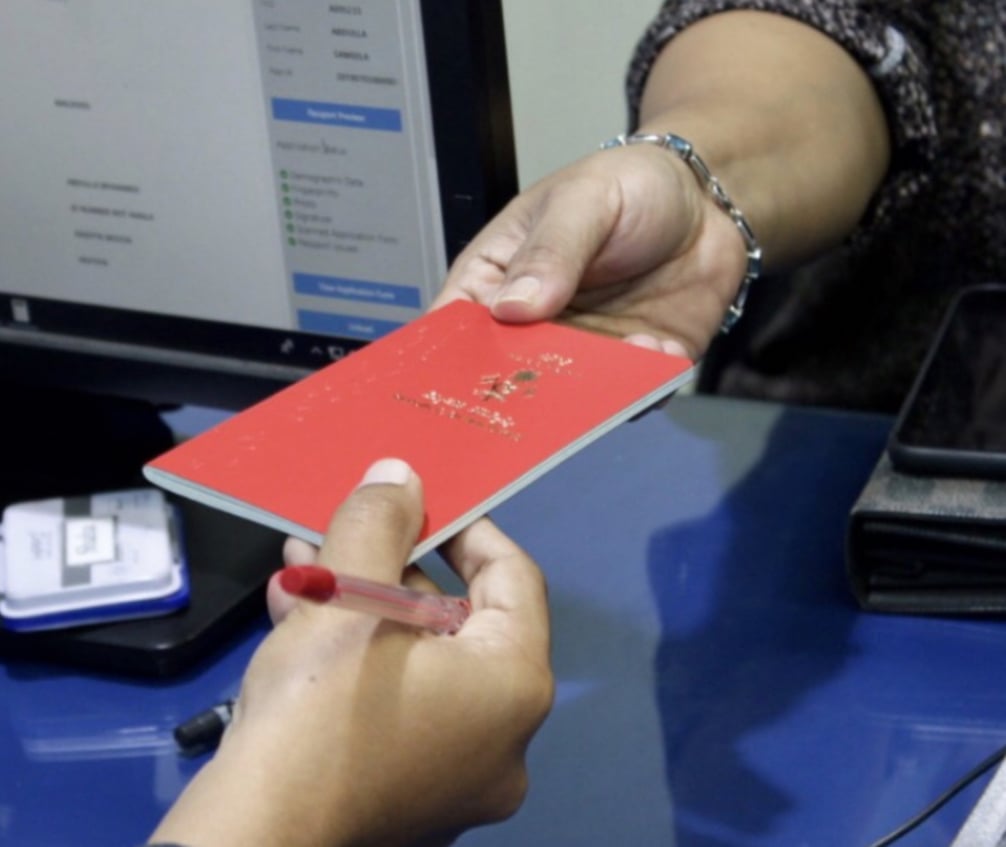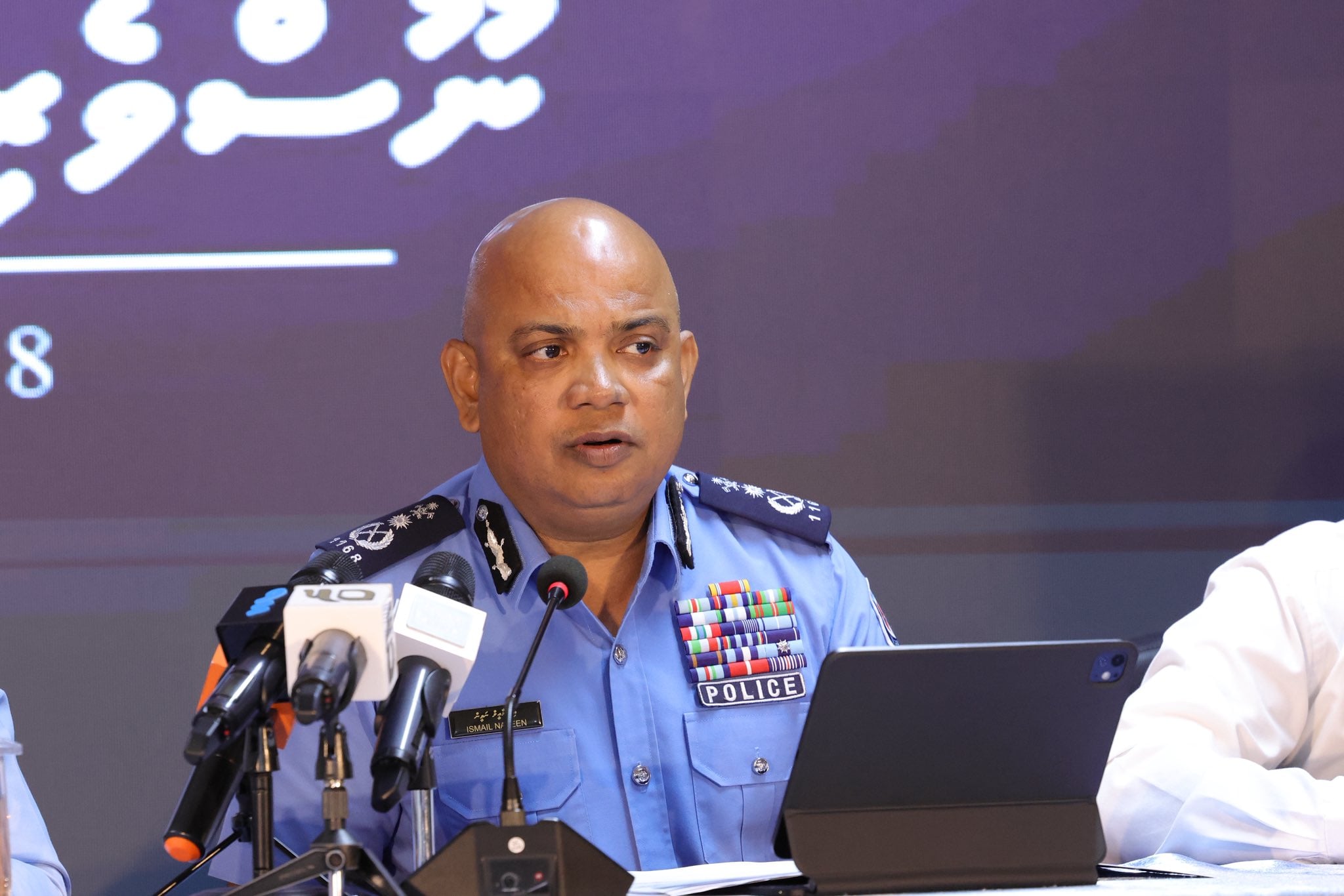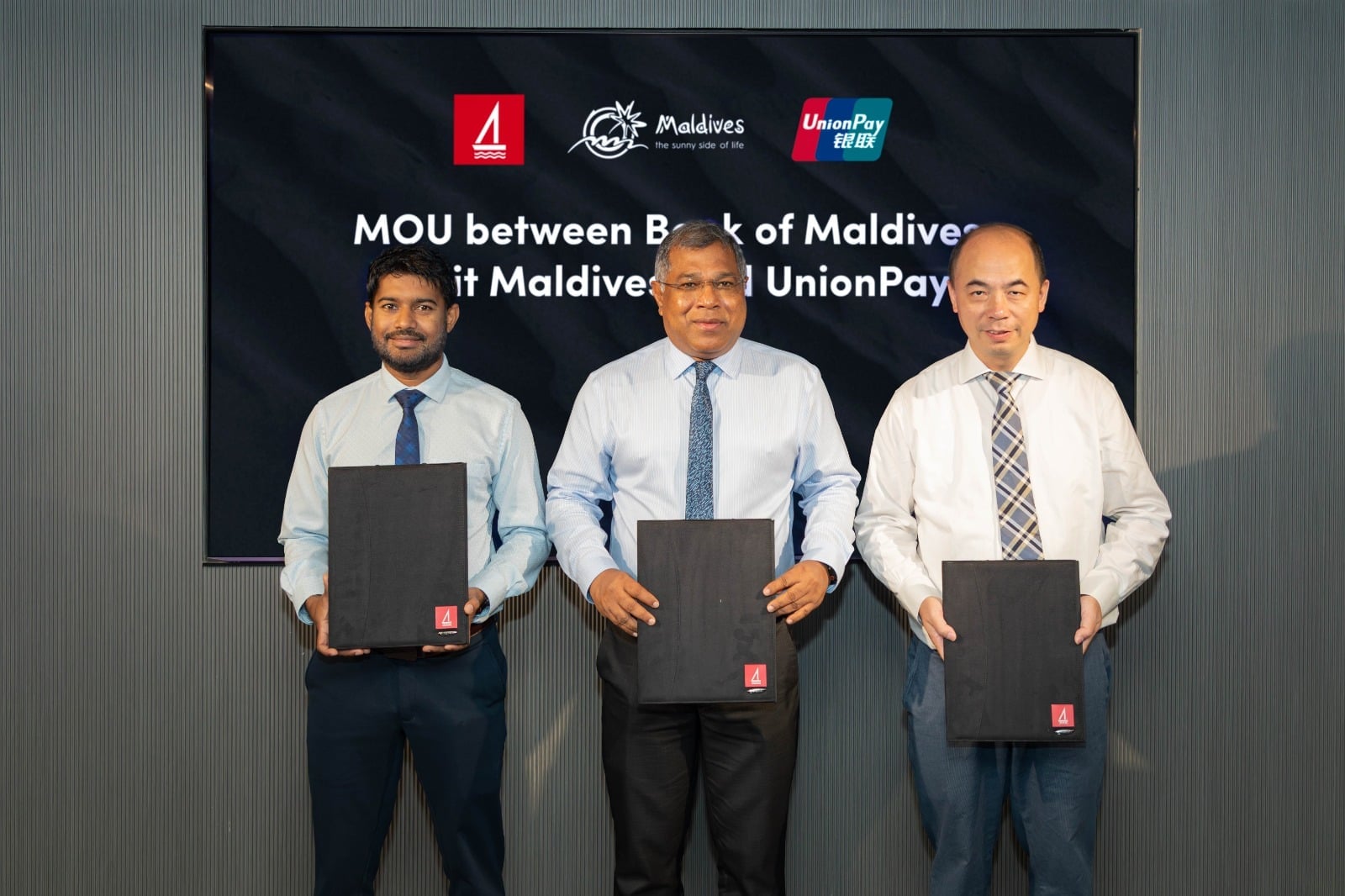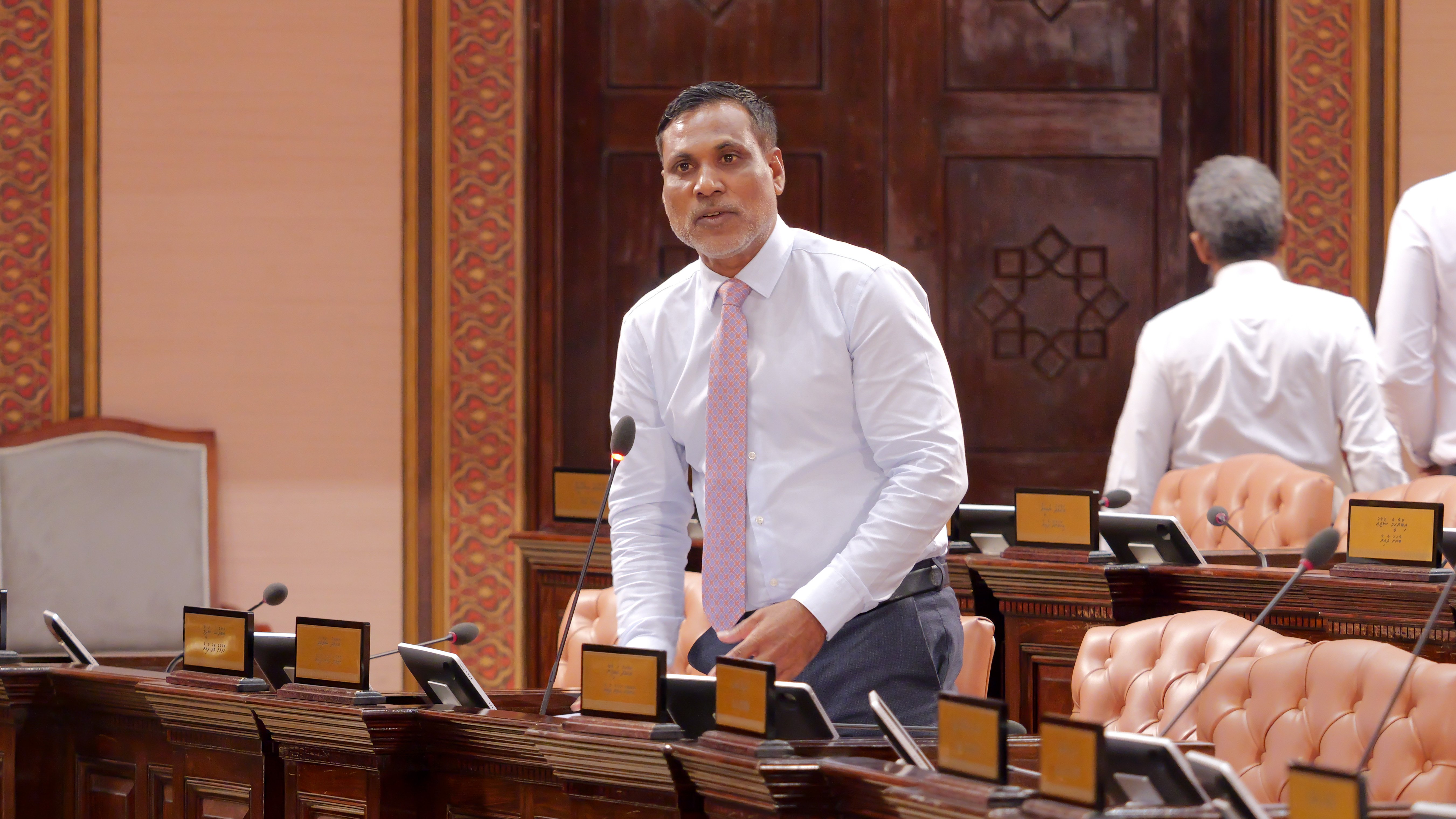President Dr. Mohamed Muizzu underscored the Maldives' commitment to early warning systems, describing them as essential investments in livelihoods and prosperity, both morally and economically.
He delivered these remarks at the High-Level Event on Delivering Early Warnings for All and Addressing Extreme Heat at COP29, organized by the United Nations Secretary-General.
Highlighting the Maldives’ pioneering role, President Dr. Muizzu noted that it is the first nation to develop a national strategic roadmap for early warning, underscoring the Maldives’ commitment to the Sendai Framework for Disaster Risk Reduction. He announced that the country's 20-year development plan will prioritize climate resilience, disaster preparedness, and early warning, aligning with the nation's proactive approach to mitigating climate risks.
The President detailed recent initiatives that have bolstered the Maldives' disaster preparedness. These include establishing a disaster loss database to track climate impacts and implementing digital data collection to ensure swift response capabilities. He highlighted the government's focus on enhancing the Common Alerting Protocol (CAP) and expanding impact-based forecasting systems to improve disaster response and preparedness.
Dr. Muizzu also called for international support and resources to strengthen the Maldives' resilience, particularly in marine forecasting, which is crucial for the island nation’s climate response strategies. The President’s appeal reflects the Maldives’ ongoing commitment to leading by example in climate resilience and disaster preparedness, urging the global community to support the protection of vulnerable island nations.
He delivered these remarks at the High-Level Event on Delivering Early Warnings for All and Addressing Extreme Heat at COP29, organized by the United Nations Secretary-General.
Highlighting the Maldives’ pioneering role, President Dr. Muizzu noted that it is the first nation to develop a national strategic roadmap for early warning, underscoring the Maldives’ commitment to the Sendai Framework for Disaster Risk Reduction. He announced that the country's 20-year development plan will prioritize climate resilience, disaster preparedness, and early warning, aligning with the nation's proactive approach to mitigating climate risks.
The President detailed recent initiatives that have bolstered the Maldives' disaster preparedness. These include establishing a disaster loss database to track climate impacts and implementing digital data collection to ensure swift response capabilities. He highlighted the government's focus on enhancing the Common Alerting Protocol (CAP) and expanding impact-based forecasting systems to improve disaster response and preparedness.
Dr. Muizzu also called for international support and resources to strengthen the Maldives' resilience, particularly in marine forecasting, which is crucial for the island nation’s climate response strategies. The President’s appeal reflects the Maldives’ ongoing commitment to leading by example in climate resilience and disaster preparedness, urging the global community to support the protection of vulnerable island nations.





